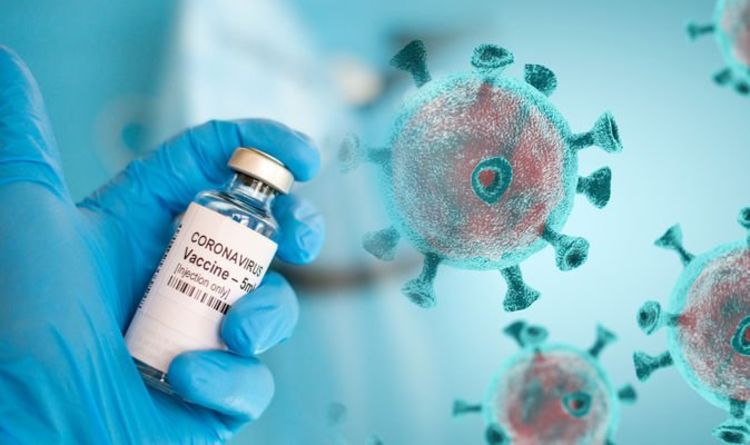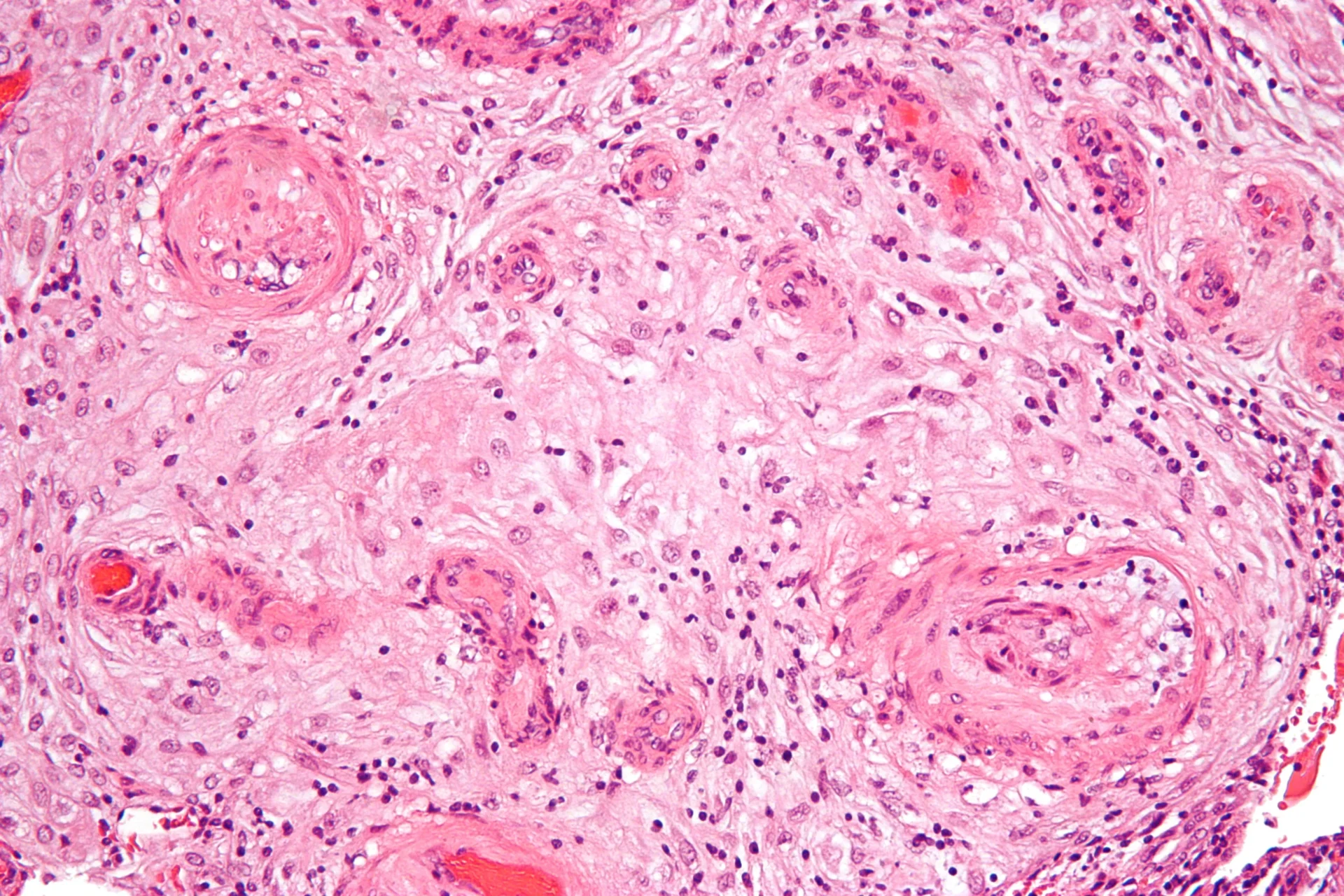The novel coronavirus, known as SARS-CoV-2, was first identified in late 2019 in Wuhan, China. Since then, it has spread globally and was declared a pandemic by the World Health Organization in March 2020. While prevention methods like social distancing, hand washing, and masks help reduce transmission, developing effective drug treatments remains a high priority target for researchers and pharmaceutical companies worldwide. Several promising drug candidates are currently in clinical trials and showing potential as coronavirus treatments.
Remdesivir Shows Promise as First Approved Treatment
One of the first drugs to show effectiveness against SARS-CoV-2 is remdesivir, an antiviral medication originally developed to treat Ebola virus disease. Remdesivir works by interfering with the virus’s ability to replicate its genetic material. In April 2020, preliminary results from a major clinical trial run by the National Institute of Allergy and Infectious Diseases found that hospitalized COVID-19 patients taking remdesivir recovered 31% faster than those taking a placebo. Based on these results, remdesivir became the first drug approved by the U.S. Food and Drug Administration for treatment of Coronavirus Treatment Drugs in adults and children over 12 years of age hospitalized with severe disease in May 2020. Ongoing clinical trials are continuing to investigate its potential for treating less severe cases as well.
Monoclonal Antibody Therapies Offer Targeted Treatment Approach
Another promising class of potential coronavirus treatments are monoclonal antibody therapies. These lab-made proteins mimic the body’s natural antibodies and can be customized to precisely target different parts of the SARS-CoV-2 spike protein. This targeted approach may make monoclonal antibodies effective for both treatment and prevention of COVID-19. In October 2020, the FDA granted emergency use authorization for a monoclonal antibody therapy called bamlanivimab developed by Eli Lilly. Clinical trials showed it reduced COVID-19 related hospitalizations and emergency room visits for patients at high risk. Researchers are also exploring “cocktails” of different monoclonal antibodies to overcome potential virus mutations.
Anti-Inflammatory Drugs Show Early Benefits Against Cytokine Storm
While antiviral drugs aim to directly inhibit viral replication, anti-inflammatory therapies may help moderate the overactive immune response known as a “cytokine storm” associated with severe COVID-19 cases. Preliminary research suggests anti-inflammatory drugs like corticosteroids, IL-6 inhibitors, and JAK inhibitors could improve outcomes for critically ill patients experiencing cytokine storms. In June 2020, a large randomized controlled trial in the United Kingdom found the steroid dexamethasone reduced deaths by up to one third in ventilated COVID-19 patients. Based on these results, dexamethasone is now recommended for treating critical cases. Ongoing trials are exploring anti-inflammatory drugs earlier in the course of illness.
Progress on Coronavirus Vaccines Boosts Hope for Treatments
Alongside drug therapy research, remarkable progress has also been achieved in developing coronavirus vaccines over the past year. As of February 2021, multiple safe and highly effective vaccines have been approved for emergency or full authorization around the world based on large Phase 3 clinical trials. These include the mRNA vaccines from Pfizer/BioNTech and Moderna, as well as adenovirus vector vaccines from AstraZeneca/Oxford and Johnson & Johnson. Experts believe the successes of these vaccine programs underscore the feasibility of developing effective coronavirus treatments as well. As more is learned about the virus and immune response to infection, it boosts optimism that countermeasures like antivirals and antibody therapies can be improved to fight COVID-19. Promising results with therapies like remdesivir, monoclonal antibodies, and anti-inflammatory drugs in late-stage studies suggest the potential for effective treatment options in the near future.
While the SARS-CoV-2 pandemic continues to impact lives and societies worldwide, significant strides have been made in just one year towards developing drug treatments. Candidates like remdesivir, monoclonal antibody therapies, and anti-inflammatory medicines are demonstrating real benefits for COVID-19 patients in clinical trials. As vaccine rollout progresses and more is uncovered about coronavirus pathogenesis, researchers remain dedicated to optimizing these treatments and discovering new options. With continued progress, the approval of multiple safe and effective drugs will soon add to the medical arsenal against this global health threat.
*Note:
1. Source: Coherent Market Insights, Public sources, Desk research
2. We have leveraged AI tools to mine information and compile it




